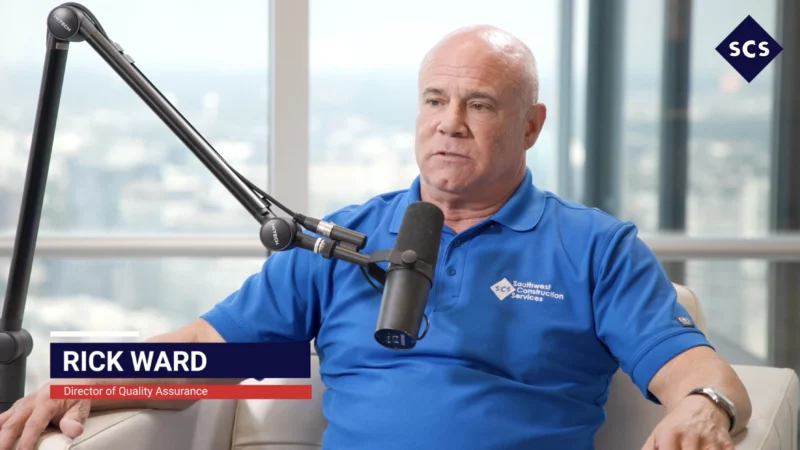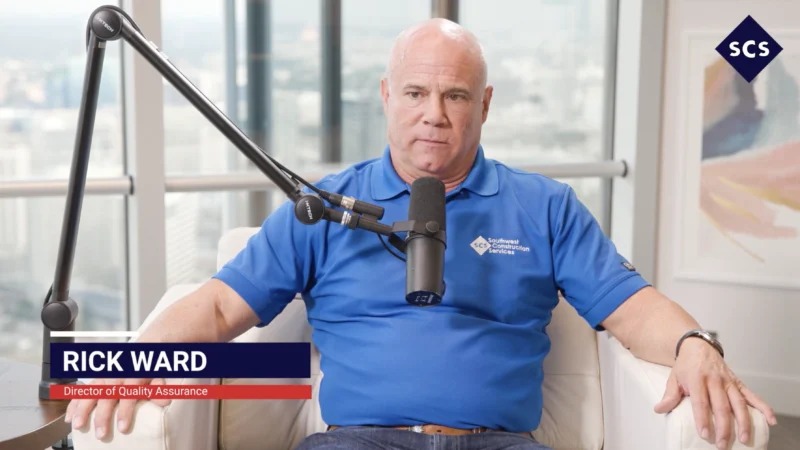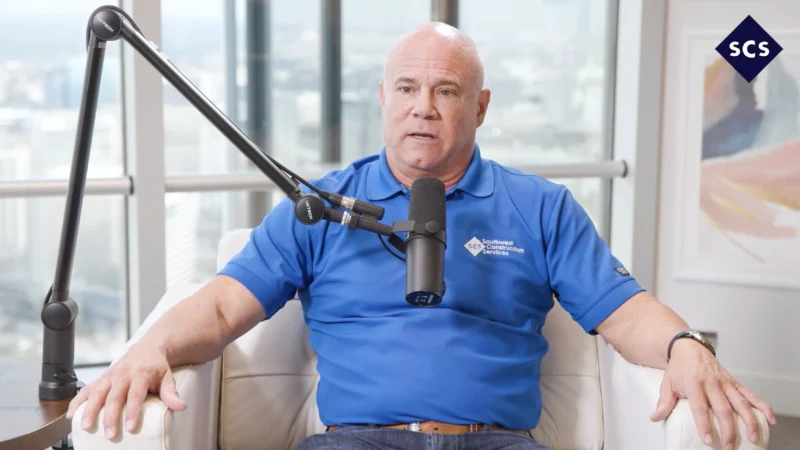Built Modular: How School Districts Can Solve Space Issues with Modular Classrooms
Modular buildings have many applications. They can be an excellent temporary solution, including for school districts. Mark Meyers, General Manager of Marketing Services for Vanguard, shared insights from his many years of modular experience on how schools can use portable classrooms.
Why do school districts need these solutions?
“There are four primary reasons,” Meyers said. “Easing overcrowding, consolidation, renovations, or demolition and new construction.”
Those drivers have remained consistent for the market. Meyers did note that the pandemic impacted space for schools due to a need to have fewer bodies in classrooms.
Meyers also discussed how modular classrooms can have all the same features as standard construction, including technology integrations, security features, and more.
“These are real buildings and have structural integrity, plumbing – everything in conventional construction,” he added.
Meyers also took listeners through the process of purchasing and installing modular buildings at schools. He spoke about the need for building to code, which varies from state to state, and pulling permits. The product is then built to specifications and delivered to the prepared site for installation.
After it’s up and functional, facility managers can handle the standard maintenance. Vanguard becomes involved with more significant issues. “With leaks or other bigger issues, we’ll assess the situation and are extremely responsive to client needs,” he said.
Follow us on social media for the latest updates in B2B!
Twitter – @MarketScale
Facebook – facebook.com/marketscale
LinkedIn – linkedin.com/company/marketscale




